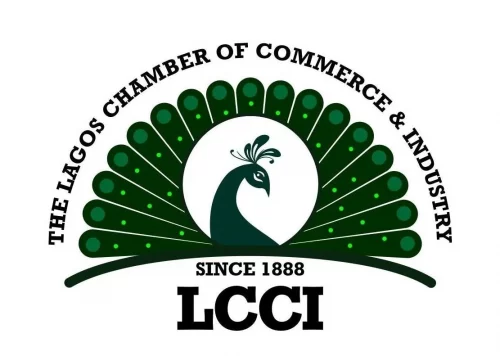The Lagos Chamber of Commerce and Industry (LCCI) has advised the Central Bank of Nigeria (CBN) to implement more accommodating supply-side policies in order to boost the country’s productive sectors.
LCCI President Michael Olawale-Cole stated this on Tuesday in Lagos at the chamber’s third quarterly media briefing on the state of the Nigerian economy in 2022.
To combat rising inflation, the CBN raised its benchmark interest rate to 13% in May.
However, the Lagos Chamber of Commerce stated that raising interest rates alone would not be sufficient to reduce inflationary pressures.
It emphasised the importance of the apex bank focusing on increasing supply and mitigating rising production costs caused by high energy and raw material costs.
Read Also: 40-year-old Jos man gets death sentence for killing girlfriend
“While the Central Bank of Nigeria (CBN) embarks on monetary tightening to contain inflation,” Olawale-Cole said, “it should ensure that targeted concessionary credit to the private sector is sustained for MSMEs.”
“The CBN must begin a gradual transition to a unified exchange rate system while also allowing for a market-reflective exchange rate.”
The CBN must also implement more favourable supply-side policies in order to boost productive sectors, boost investor confidence, and attract foreign investment inflows into the economy.”
“We reiterate our position on rising inflation: raising interest rates alone will not address rising inflation.” The government must invest more in increasing supply and lowering production costs.
“There is an urgent need to address structural bottlenecks and regulatory constraints that contribute to high business costs.”
“An investment environment that is supportive and conducive to private sector participation in the economic recovery and growth process is critical.”
According to the chamber, the burdensome impact of fuel costs on businesses will continue as long as Nigeria imports refined fuel.
It advocated for the elimination of gasoline subsidies and the reduction of oil theft in order to free up fiscal space for subsidised production of goods and services, as well as infrastructure, health, and education financing.
It went on to say that increasing domestic refining will help to alleviate the worsening fuel supply crisis and its knock-on effects on production and prices.
In response to the frequent failures of the national grid, the LCCI urged the government to implement cost-reflective tariffs in the power sector.
Read Also: Gunmen kill guard, burn gas station in Ondo
According to the chamber, this will attract the necessary investment to increase power supply and possibly resolve the issue.
On the ongoing strike by the Academic Staff Union of Universities (ASUU), Olawale-Cole urged the government and the union to reach an amicable solution to the education sector’s problems.
“The Lagos Chamber and the business community are concerned because this negative development has the potential to exacerbate our security challenges, increase drug abuse among our youth, and increase social vices,” Olawale-Cole said.
“We cannot rely on mediocre graduates to build a prosperous economy.”
“Nigeria must focus more on improving its latest Human Development Index (HDI), which ranked 161st out of 189 countries.”
![]()


